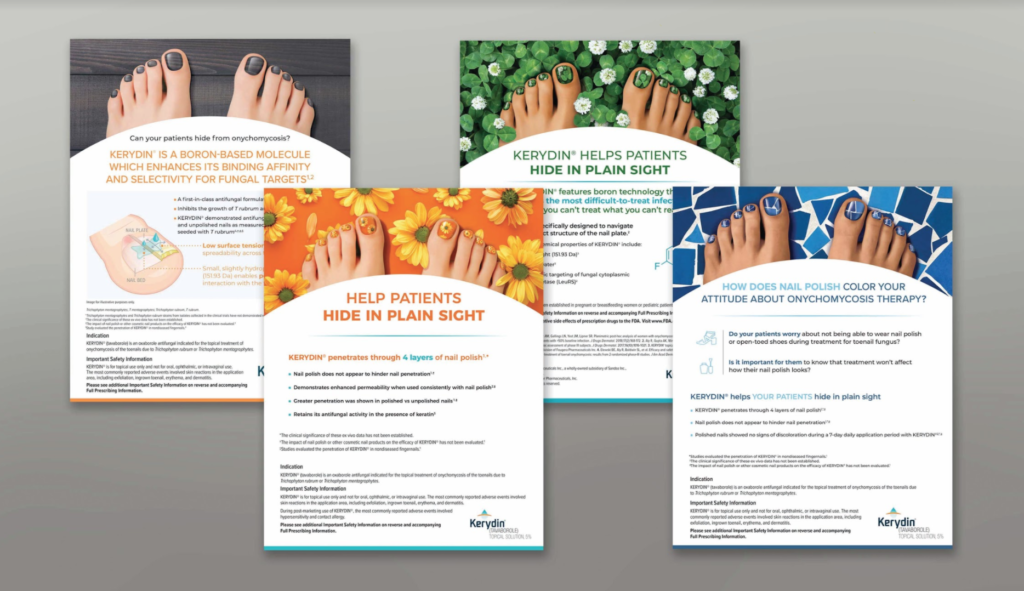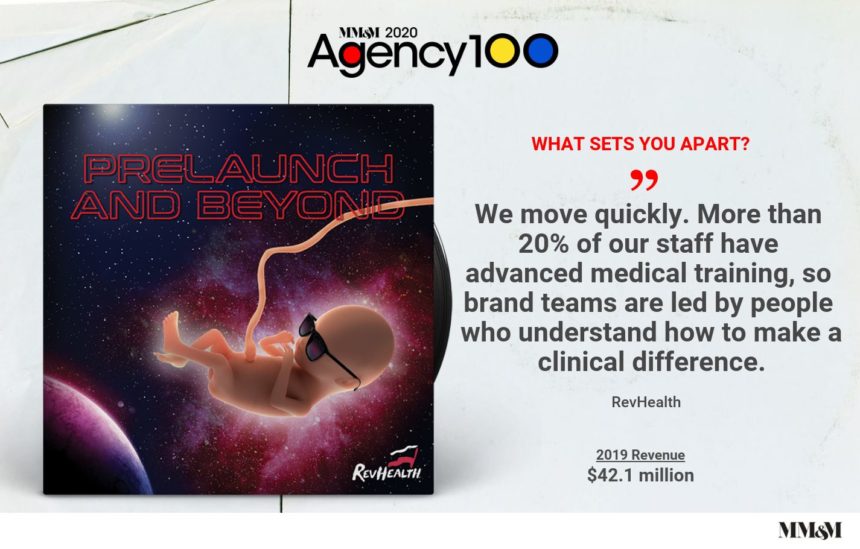RevHealth managing partner Bruce Epstein admits that the last few months of 2019 and the first ones of 2020 have given him — and his agency — whiplash.
The agency finished 2019 with revenue up 10% to $42.1 million from 2018’s sum of $38.4 million. The growth came despite the loss of brands from Novartis, Amarin and Achaogen. Additionally, another product, which RevHealth projected could comprise some 12% of company revenue, didn’t pass FDA muster.
Then the first months of 2020 brought with them a surge of new business. “We had our best two weeks ever earlier this year. We were going nuts and were probably 15 people short,” Epstein says.
But just as RevHealth stepped up its hiring efforts in advance of a series of launches —two brands each from Takeda and Corium, plus one each from Regeneron, Kadmon and Insmed — the COVID-19 crisis hit. Like most everyone else, RevHealth became a virtually-operated agency overnight.
In the long-term, RevHealth should be just fine. On the hiring front, Epstein believes the agency’s suburban New Jersey location, which has always attracted commute-weary talent, should prove an even greater draw in the post-COVID era. But he does fret about potential changes to the agency’s personality.
“It gets very difficult to maintain a culture when you grow too fast,” Epstein says.

During his semi-regular schleps into the office to feed the fish, Epstein contemplates the challenges presented by running a company amid contagion concerns that are likely to linger for months. At the same time, he takes pride in the number of layoffs during RevHealth’s 15-year history — that would be zero — and adds, “We’ve never even missed a raise or a bonus.”
And Epstein remains confident that RevHealth has a client-service formula that works. “Because we hire so many people with advanced medical training — and I mean people who are working here, not just wandering around as consultants — we build brand teams that understand the science behind the medicine,” he explains.
Looking ahead, Epstein believes that pharma may be presented with an opportunity to address the industry’s poor optics, particularly as the presidential election draws closer. “We have a lot of products that cost $30,000 or $50,000 a year, and they are really great products,” he explains. “But when the average person in the U.S. doesn’t make that much, of course people think, ‘How could you charge that much?’”
To that end, Epstein thinks the increased volume and changing tenor of conversations around healthcare may spark debate around the importance and value of drug development, especially as the country starts to shake off its pandemic shock. At that point, pharmaceutical companies may be better understood — and better positioned.
“We have not done a very good job showing people why it’s important to have a strong pharmaceutical industry,” he adds. “There’s a reason we pay a lot of money for medication, and so many people don’t realize the importance of the jobs in the industry, and how we drive development. We still don’t have as good a reputation as an industry as we should.”
The best marketing we saw in 2019…
Gilead ads for HIV medications Biktarvy and Descovy for PReP. The tone is so happy. During the 1990s, I worked in neighborhoods ravaged by IV drug abuse and AIDS, and at the time there was little that could be done. Over the last 25 years, pharma has completely changed outcomes for those with HIV or at risk. — Bruce Epstein
From the June 01, 2020 Issue of MM+M - Medical Marketing and Media







